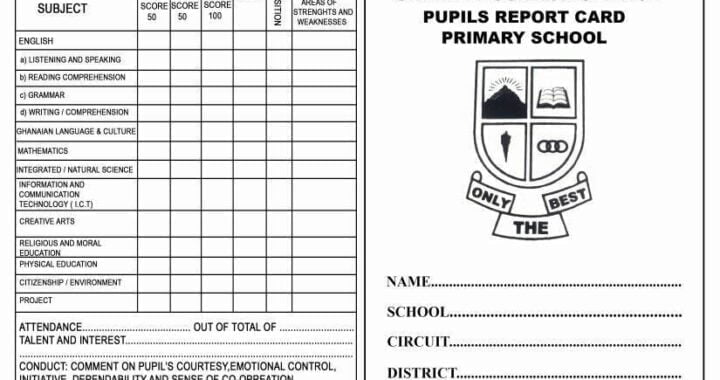Top 10 Revision Techniques for Exam Success

Effective revision is key to success in exams like the BECE, WASSCE, or university-level assessments in all parts of the world. Here are ten revision techniques to help you prepare thoroughly and achieve exam success:
1. Create a Revision Schedule
Develop a revision timetable that allocates dedicated time slots for each subject or topic. Plan your revision sessions strategically, balancing review of key concepts, practice questions, and breaks.
2. Use Active Recall
Test your memory recall by actively retrieving information from memory instead of simply rereading notes or textbooks. Use flashcards, practice questions, or self-quizzing to reinforce learning and identify areas for improvement.
3. Review Past Papers
Practice solving past exam papers to familiarize yourself with the exam format, types of questions, and time constraints. Analyze your performance, identify patterns, and focus on areas of weakness for further review.
4. Teach Others
Explain concepts or topics to others as if you were teaching them. Teaching others reinforces your own understanding, helps identify gaps in knowledge, and enhances memory retention.
5. Use Visual Aids
Create visual aids such as diagrams, charts, or mind maps to represent relationships between ideas and concepts. Visual aids can enhance comprehension, aid memory recall, and facilitate revision.
READ ALSO: Top 10 Online Resources for Studying
6. Summarize Key Points
Condense complex information into concise summaries or outlines to focus on the most important points. Use bullet points, headings, and keywords to highlight key concepts and ideas.
7. Practice Active Learning
Engage actively with the material by summarizing, paraphrasing, and applying concepts in different contexts. Actively engaging with the material deepens understanding and retention of information.
8. Utilize Mnemonics
Use mnemonic devices such as acronyms, rhymes, or visual imagery to aid memory recall. Create mnemonic devices for key concepts, formulas, or lists to make them easier to remember during exams.
9. Organize Study Groups
Collaborate with classmates or friends to form study groups for group revision sessions. Discussing concepts, quizzing each other, and explaining ideas can enhance understanding and retention of information.
10. Take Regular Breaks
Incorporate regular breaks into your revision sessions to prevent burnout and maintain focus. Use breaks to rest, recharge, and engage in activities that promote relaxation and stress relief.
By incorporating these revision techniques into your study routine, you can optimize your exam preparation, enhance retention of information, and increase your chances of success on exam day.


 GES 2024-2025 Academic Calendar for Public Schools
GES 2024-2025 Academic Calendar for Public Schools  GES to recruit university graduates and diploma holders-GES Director General
GES to recruit university graduates and diploma holders-GES Director General  GES is expected to announce reopening dates for public schools today
GES is expected to announce reopening dates for public schools today  Dr. Bawumia’s Smart Phone Credit Will Take 125 Years To Repay: A Misleading Promise
Dr. Bawumia’s Smart Phone Credit Will Take 125 Years To Repay: A Misleading Promise  2024-2025 Report Card Grading, Student Attitudes, Interests and Conduct Samples for Teachers
2024-2025 Report Card Grading, Student Attitudes, Interests and Conduct Samples for Teachers  US Staffing Agencies Recruiting International Job Seekers With Work Visa Sponsorship
US Staffing Agencies Recruiting International Job Seekers With Work Visa Sponsorship  Buy 1 Gig MTN or Airtel Tigo data for only GHS6.00 not GHS17.00
Buy 1 Gig MTN or Airtel Tigo data for only GHS6.00 not GHS17.00